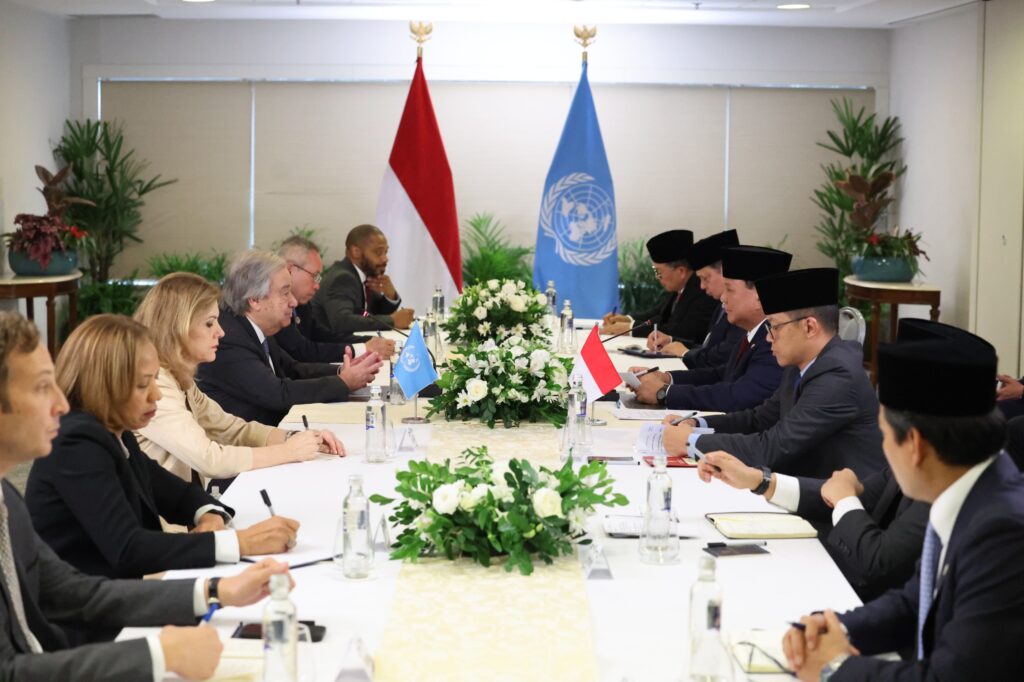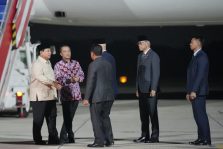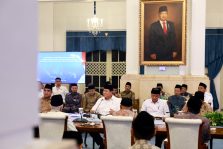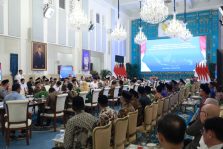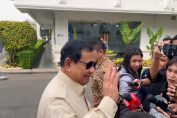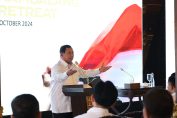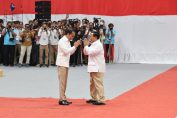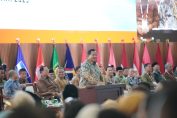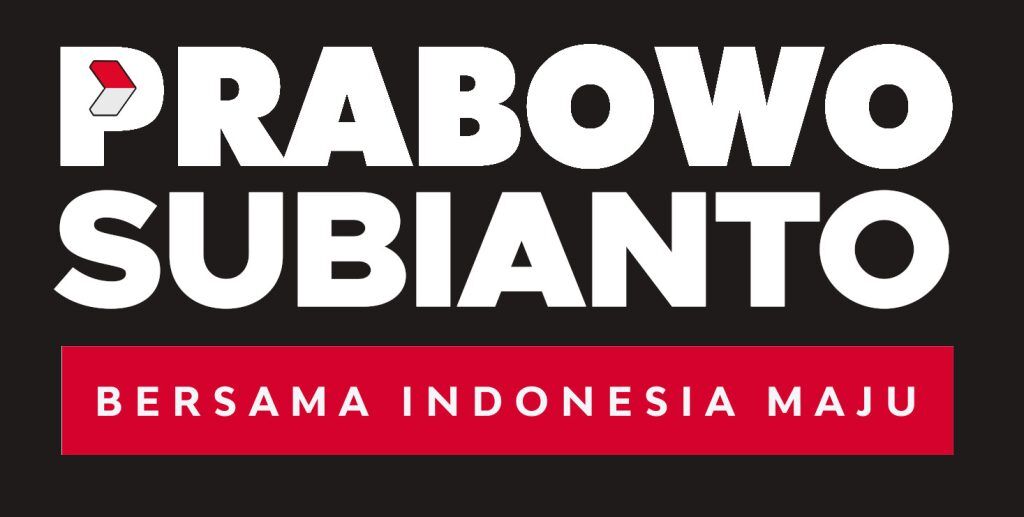Jakarta – Economist and Public Policy Expert from UPN Veteran Jakarta, Achmad Nur Hidayat, assessed that Indonesian President Prabowo Subianto’s statement during the Leaders’ Retreat at the Asia-Pacific Economic Cooperation (APEC) 2024 Summit in Lima, Peru, was highly relevant.
During the summit, Prabowo emphasized Indonesia’s commitment to open, orderly, and fair international trade. According to Hidayat, this statement reflects Indonesia’s concern about the global challenges in achieving inclusive and equitable trade.
“Indonesia believes that strong commitments from world leaders are essential for free yet fair trade. Indonesia has affirmed its position, which is to ensure that global trade policies do not solely benefit developed countries but also provide opportunities for developing and smaller nations. This is relevant as global trade inequalities often hinder the economic progress of smaller nations,” Hidayat told reporters in Jakarta, Monday (11/18).
Hidayat further said that this statement is not new. During Indonesia’s G20 Presidency in 2022, a similar message was delivered, yet the world has faced widening geopolitical conflicts and increasing inequalities.
“The Russia-Ukraine conflict was a major focus at that time, and now the Gaza tragedy illustrates the worsening global humanitarian crisis. The rhetoric about openness, order, and fairness in the global system must go beyond words and transform into concrete action,” Hidayat said.
Indonesia, he said, as one of the largest economies in the Asia-Pacific, has a strategic role to serve as an example and a pioneer in creating a fairer global system, not only in this region but worldwide.
Hidayat stated that the current reality shows that the world is still far from achieving this goal. Economic inequality, geopolitical conflicts, and imbalances in global trade continue to be major obstacles.
Major countries often dominate the global trade system, while developing nations merely act as complements. Data shows that most global trade is concentrated in the hands of developed countries, while developing countries only receive minimal benefits. This imbalance creates a cycle of injustice that is difficult to overcome without major reforms.
“Indonesia can pioneer the concept of a global system that is open, orderly, and fair, which has long been a global aspiration. This principle refers to free trade without protectionist barriers, a transparent economic system, and an equitable distribution of benefits among nations,” Hidayat concluded. (RR)

